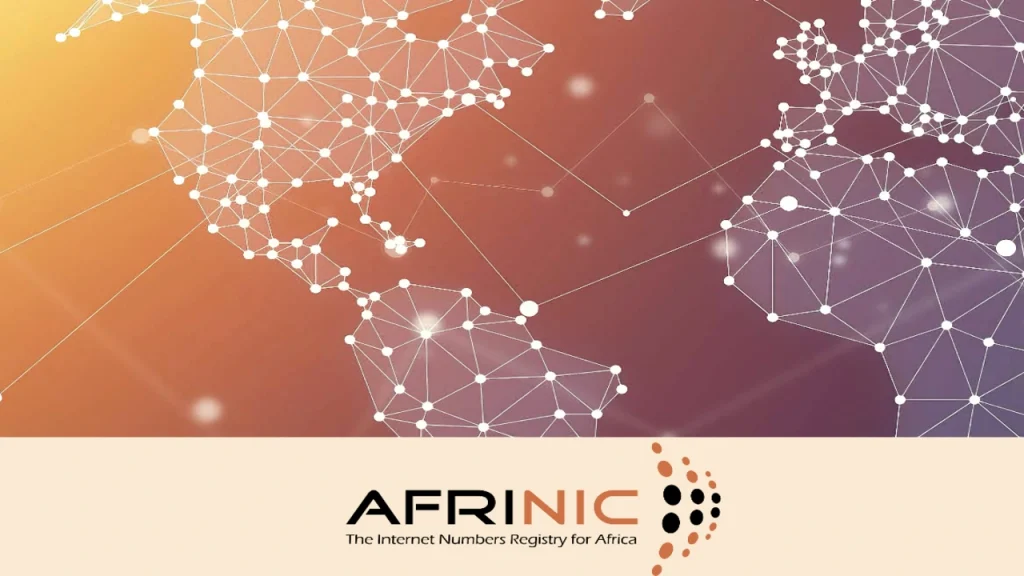- Legal ambiguities in Mauritius, especially under the Companies Act and government declarations, have repeatedly delayed AFRINIC board elections.
- These uncertainties have opened space for external pressures, eroded member trust, and weakened bottom-up, community-led governance.
Mauritius’ legal framework and AFRINIC’s receivership
Mauritius courts placed AFRINIC in receivership on 12 September 2023 via the Supreme Court, a move later upheld by the Court of Civil Appeal in October 2024, leaving AFRINIC under the control of a court-appointed receiver. Under the Mauritius Companies Act 2001, AFRINIC was later designated a “Declared Company” by the Prime Minister, triggering further regulatory oversight, including inspector investigations via the Registrar of Companies.
This legal status creates constitutional uncertainty: being a declared company involves legal powers under Section 230 of the Companies Act that may constrain or alter how AFRINIC’s internal by-laws are respected. For example, the appointment of an inspector to investigate AFRINIC’s affairs adds another layer of state or executive influence in what some expect to be a member-led, private, non-profit organisation.
Election delays, annulments, and contested rights
The Receiver, who was placed in authority over AFRINIC since the Supreme Court’s 2023 order, directed the September 2025 board election. Although it was conceived as an approach of acquiring stability back, its implementation overturned preceding legal decisions that had supported the June election and was conducted in an environment where many long-time participants questioned its legitimacy and transparency. Confidence in the outcome was damaged by a number of voting restrictions and procedural irregularities, such as the exclusion of members admitted after September 2023.
This most recent election, therefore, cannot be recognised as a democratic resolution of AFRINIC’s governance crisis. Instead, it reflects the ongoing constitutional uncertainty in Mauritius, where the Companies Act, ministerial declarations, and judicial oversight collide without a clear hierarchy. Members argue that AFRINIC’s own by-laws were not fully respected, and that state-influenced procedures have weakened the principle of bottom-up governance. Far from resolving the governance deadlock, the September poll has deepened mistrust and reinforced the need for a fresh, community-led process.
Also read: AFRINIC claims ‘website not hacked’ amid election-period concerns
Also read: AFRINIC election: Voter fraud uncovered as ECom member threatens to resign
Ministerial intervention and oversight tensions
Beyond courts, the involvement of government ministries—especially the Ministry of Information Technology, Communication and Innovation—and regulatory declarations have added layers of uncertainty. In one case, the Ministry intervened to pause vote counting and report alleged irregularities even though the election was under court-supervised procedures. That intervention raised fears that executive power may override judicial mandates and community governance.
Also, the designation of AFRINIC as a “Declared Company” reportedly gives the registrar increased powers to appoint inspectors, require reports, and possibly limit transparency if legal language allows. Some community members argue that these powers are being used in ways that stretch or bypass internal governance rules and limit members’ ability to hold AFRINIC management accountable. MyBroadband has noted that these uncertainties risk weakening trust in Africa’s only regional registry.
Impacts on democracy, community control, and member trust
These constitutional ambiguities have turned important democratic processes—such as voting rights, proxy validity, and committee appointments—into battlefields rather than trustworthy procedures. When elections are cancelled without obvious, publicly visible proof of widespread fraud, AFRINIC members—especially smaller entities—feel disenfranchised. Loss of confidence, legal challenges, and recurrent cycles of uncertainty are the outcomes.
According to Cloud Innovation and other stakeholders, AFRINIC can only regain its status as a valid, community-led registry by limiting state or executive interventions, restoring elections with complete transparency, and adhering to the bylaws. The larger lesson is that in order to prevent trust from collapsing, digital governance institutions require clear and stable constitutional foundations, including statutory law, internal bylaws, judicial checks, and member representation.

